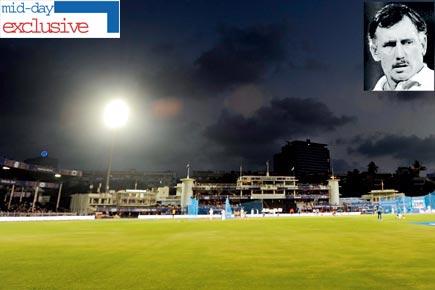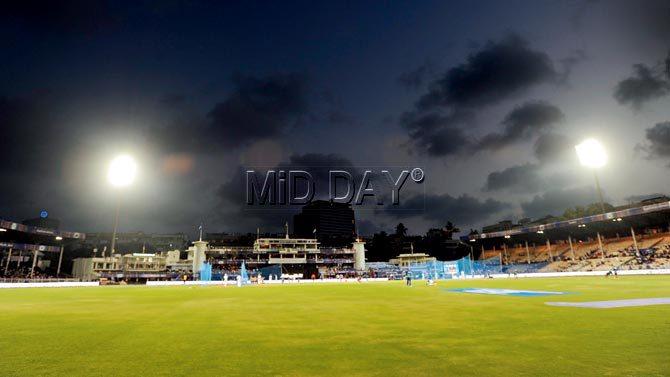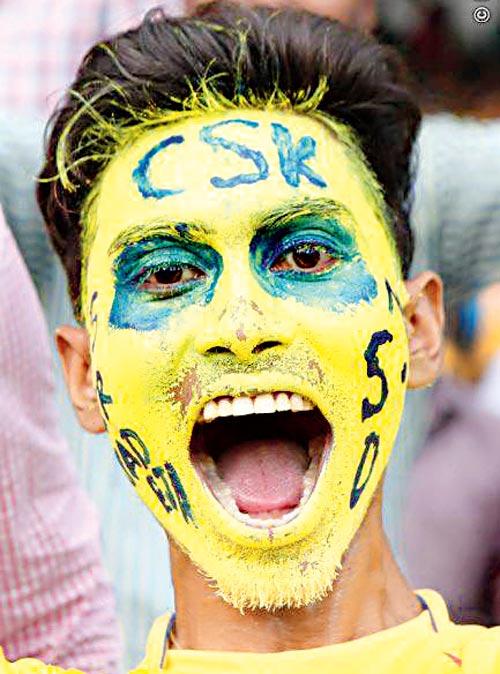Punishment meted out to CSK and RR only serves to underline the lack of backbone that has been shown by cricket's administrators in the fight against corruption, writes Ian Chappell

Sydney: At first glance the news that two franchises (Chennai and Rajasthan) have been banned from the Indian Premier League for two years and a pair of high ranking officials (Gurunath Meiyappan and Raj Kundra) have been banished from the game for good, would appear to be strong medicine for what ails cricket. However this punishment, administered by a committee of legal eagles, only serves to underline the lack of backbone that has been shown by cricket's administrators in the fight against corruption.
ADVERTISEMENT
Also Read: Sunil Gavaskar defends IPL, says it hasn't affected CL Twenty20
Clouds envelope the sky before a Rajasthan Royals vs Delhi Daredevils IPL 2015 game at Brabourne Stadium on May 3. Pic/Suresh KK
In the duel with the corruptors of cricket, it's been left to the police, newspaper and television reporters and now the judiciary to do the heavy lifting. Why for instance, when the BCCI regulations state that players and officials aren't allowed to bet on cricket, didn't the game administer some serious punishment in this case a while ago?
Also Read: BCCI explores options to retain eight-team IPL
Why didn't the franchises step in and punish the offenders in their ranks? This would have at least created an impression that they were serious about ridding the game of corruption, instead of implying by their inactivity, that they were either unconcerned or worse still, blasé about the seriousness of these offences.
A die-hard Chennai Super Kings fan enjoying his team's IPL 2015 clash with RCB at the Chidambaram Stadium in Chennai on May 4. Pic/BCCI
Don't mess with them
There is only one thing that will bring cricket to its knees and that's corruption. You can't fool all of the people all of the time; eventually they'll register their protest by either not attending the games or not watching them on television. The IPL is such a high-profile tournament and a large portion of cricket's growing economy that the officials can't afford it to gain the reputation of being a "fixer's paradise".
The evidence against the IPL has been mounting in recent years and this was an ideal opportunity for cricket's officials to take a strong and principled stand. They let the opportunity slip like a simple chance to the 'keeper hitting the grass. By missing this opportunity to stick a sharp knife into the heart of crooks hell-bent on corrupting the game and lifting the confidence of the clean players who need confirmation they're doing the right thing, the officials have done the game a disservice.
 Subscribe today by clicking the link and stay updated with the latest news!" Click here!
Subscribe today by clicking the link and stay updated with the latest news!" Click here!






